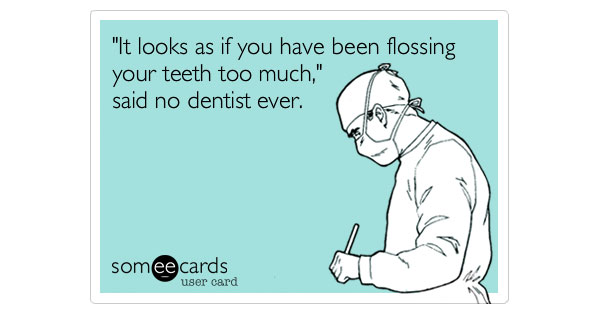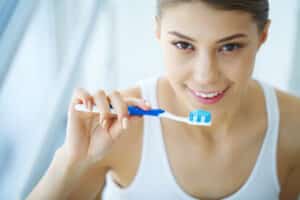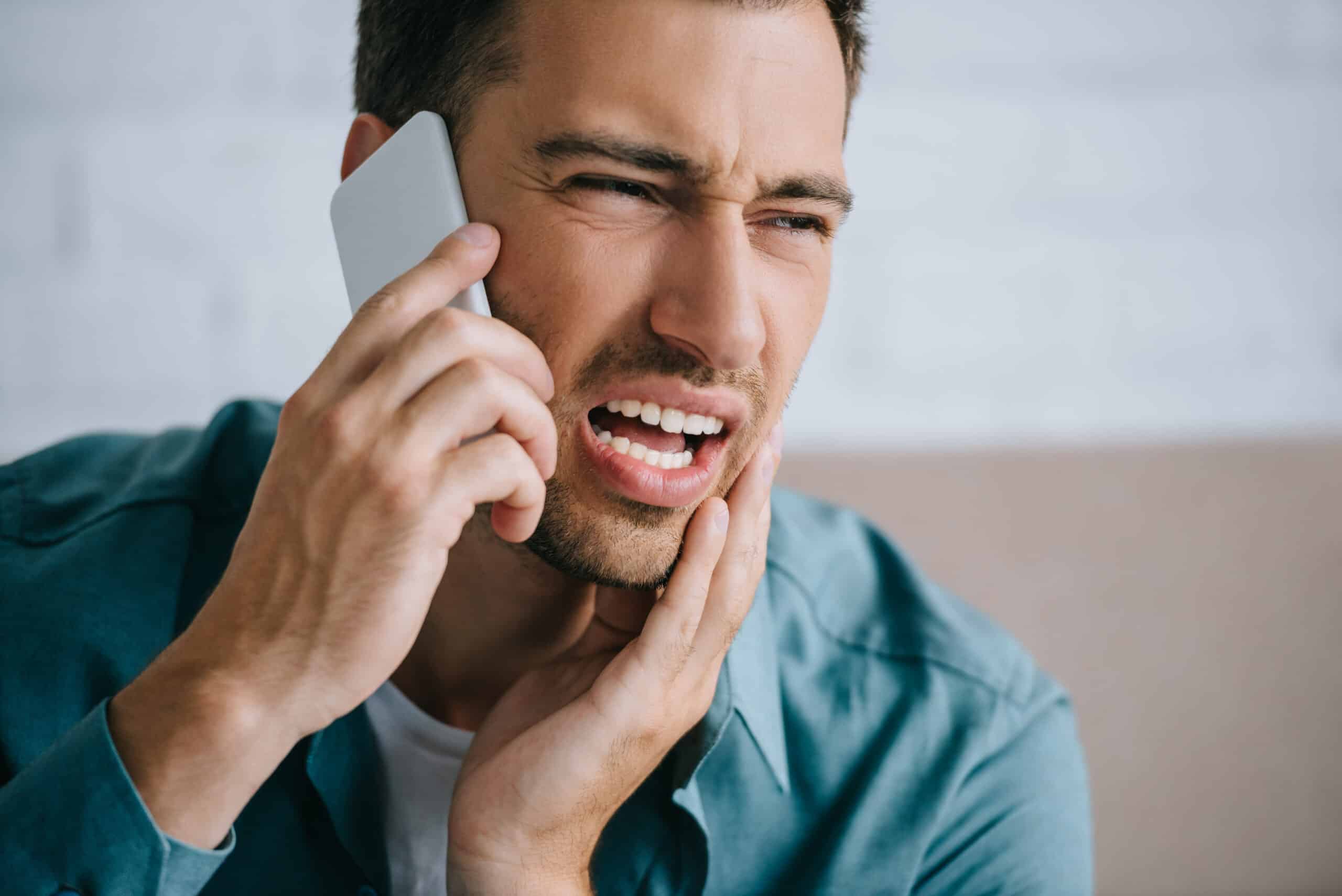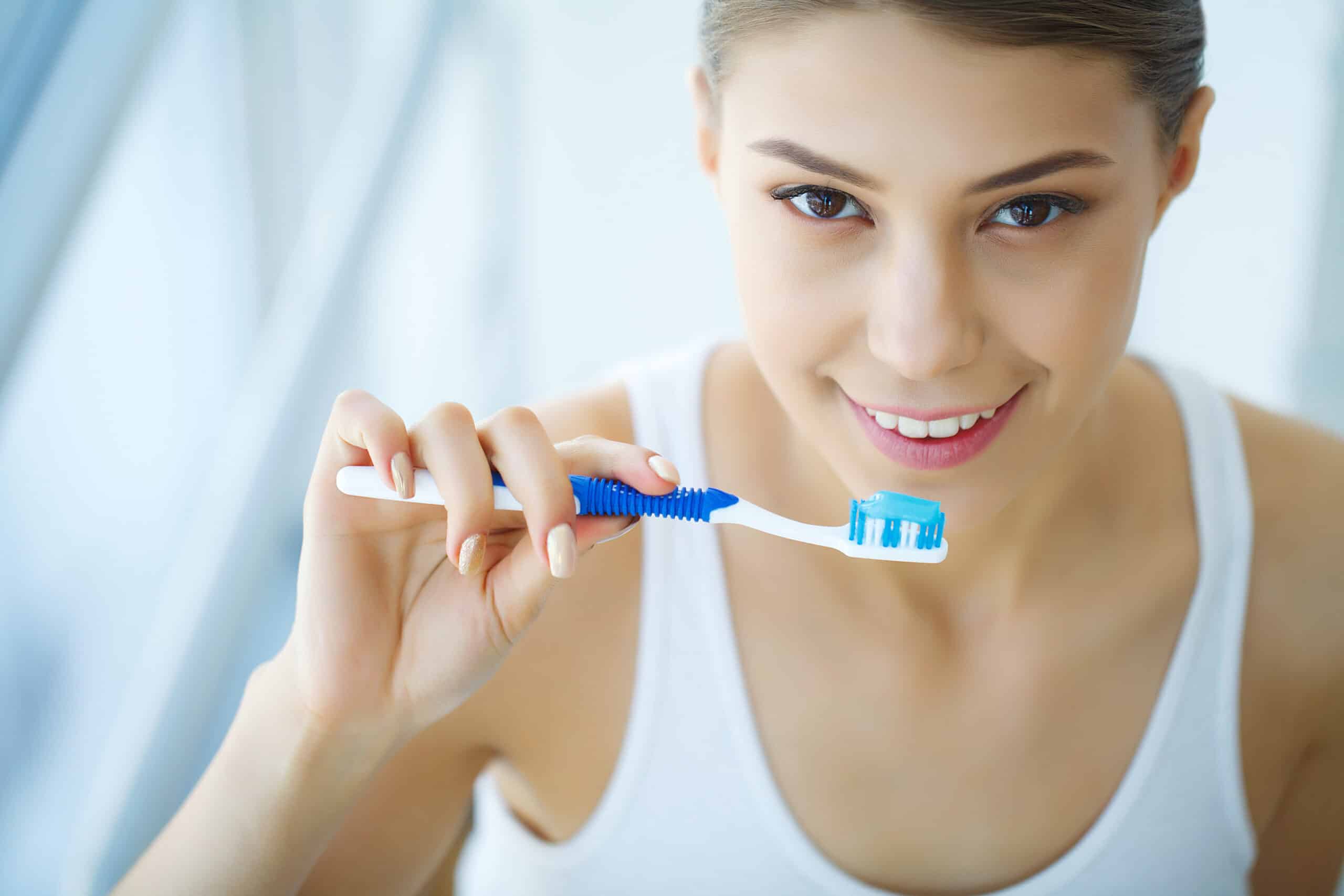Against Flossing
Last week, the Associated Press dropped the hammer on the dental industry when they wrote:
The AP looked at the most rigorous research conducted over the past decade, focusing on 25 studies that generally compared the use of a toothbrush with the combination of toothbrushes and floss. The findings? The evidence for flossing is “weak, very unreliable,” of “very low” quality, and carries “a moderate to large potential for bias.”
“The majority of available studies fail to demonstrate that flossing is generally effective in plaque removal,” said one review conducted last year. Another 2015 review cites “inconsistent/weak evidence” for flossing and a “lack of efficacy.”
They’re not lying. But they’re not giving you the whole truth either.
For Flossing
In response, the American Dental Association released the following statement.
The Canadian Dental Association said the following:
“The Canadian Dental Association supports flossing as one step of maintaining healthy teeth and gums. Flossing is an effective preventative measure to remove plaque, the main cause of gum disease. The weakness of the evidence supporting the value of floss in the prevention of gum disease is a reflection of the difficulty of conducting the necessary studies, not of the value of flossing for the maintenance of good oral health.
Brushing, flossing, eating a healthy diet, and seeing your dentist regularly are all steps in preserving a healthy mouth”
Our own Dr. Bettina Basrani found an interesting rebuttal on wired.com.
We spent some time discussing this internally. Now we could attack the arguments listed by the Associated Press, but that’s boring.
Instead, when you are at home tonight please do the following:
Step 1: Brush your teeth before you go to bed.
Step 2: Floss AFTER you brush.
Step 3: Look at your floss.
And if you think to yourself “oh, they’re just such tiny pieces of food,” consider the following:
(a) the space between your teeth is small;
(b) your toothbrush is unable to get in between your teeth
(c) plaque that forms between your teeth can cause damage to your teeth and gums.
(d) flossing is by far the least expensive and most effective way to clean in between your teeth
Look, you can choose to not floss if you want. It won’t kill you* to skip the 110 seconds** it takes to floss before brushing. But before you do, ask yourself this question: wouldn’t you sweep a floor before you washed it?
* in extreme and rare cases untreated infection secondary to plaque accumulation can cause death.
** that’s 0.127% of your day, in case you were wondering.








